Wave of violence in Balochistan
At least 39 killed overnight in onslaught by Baloch insurgents; security forces say 21 terrorists gunned down in retaliation
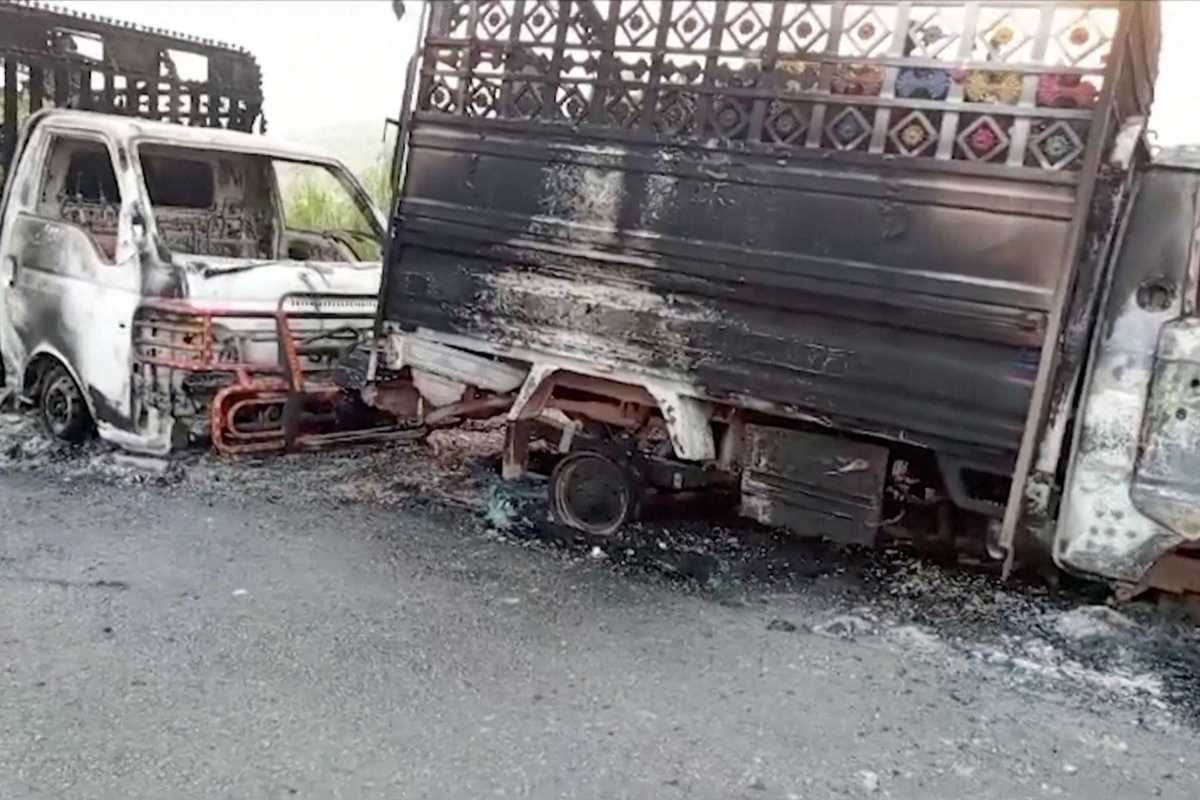
A view shows charred vehicles, after separatist militants conducted deadly attacks, according to officials, in Balochistan province, Pakistan, August 26, 2024, in this screengrab obtained from a video.
Courtesy: Reuters
23 ‘Punjabi’ travellers offloaded from trucks and buses and killed in Musakhel area following identity check
Analysts urge state to initiate ‘dialogue’; address issues alienating province’s youth
A series of bomb and gun attacks were reported across Pakistan’s restive southwestern province of Balochistan over Sunday night.
As per reports, at least 39 people, including 14 security forces personnel, have so far been killed. In a statement issued today, the Pakistan Army’s media wing reported that around 21 terrorists have been killed in retaliatory operations.
"We have confirmed 39 people killed in several coordinated attacks carried out by the BLA (Baloch Liberation Army) terrorists," Shahid Rind, a spokesman for the Balochistan provincial government told AFP.
Levies and police stations in Mastung, Kalat, Pasni, and Suntsar were attacked late last night. Additionally, gunfire and grenade explosions were reported near the Quetta-Zahedan railway track and other parts of the province.
Moreover, at least 23 travellers were offloaded from trucks and buses and killed in the province’s area following an identity check. According to Musakhel Assistant Commissioner Najeeb Kakar, the dead apparently belonged to Punjab and were killed along the inter-provincial highway in the Rarasham area of the district
He said the assailants also set fire to 10 vehicles.
Speaking to Nukta about the attacks, security analyst Mohammad Amir Rana noted that the insurgency in Balochistan has entered a new and critical phase. “What’s surprising is that victims from Punjab have been targeted in Pashtun-majority areas such as Musakhel,” he added.
Keeping security forces engaged overnight in an area like Kalat where the security forces have the most presence is no mean feat, Rana maintained.
He emphasized the need for the state to reassess its policies and adopt measures to counter the insurgency. “It seems like dialogue is the way forward,” he said. “Not with the BLA or other terrorist organizations,” he clarified, but with all the political forces of the province.
Why have there been so many attacks in Balochistan?
Attacks against military forces have become a norm in the province, in the throes of its longest-running separatist insurgency since tribal chieftain Akbar Bugti was killed in 2006 during a military operation.
Writing for Dawn on April 7, Rana wrote: “Nationalist insurgents have carried out 62 terrorist attacks in the first quarter of the year, which killed 65 security personnel and civilians." According to Rana, the Makran region and its adjoining areas remain most affected. The Balochistan Liberation Army and Balochistan Liberation Front together conducted 14 attacks in the Kech district, six in Gwadar, 10 in Panjgur, and six in the Kharan district.”
Courtesy: Reuters
A view shows a charred vehicle, after separatist militants conducted deadly attacks, according to officials, in Balochistan province, Pakistan, August 26, 2024, in this screengrab obtained from a video.
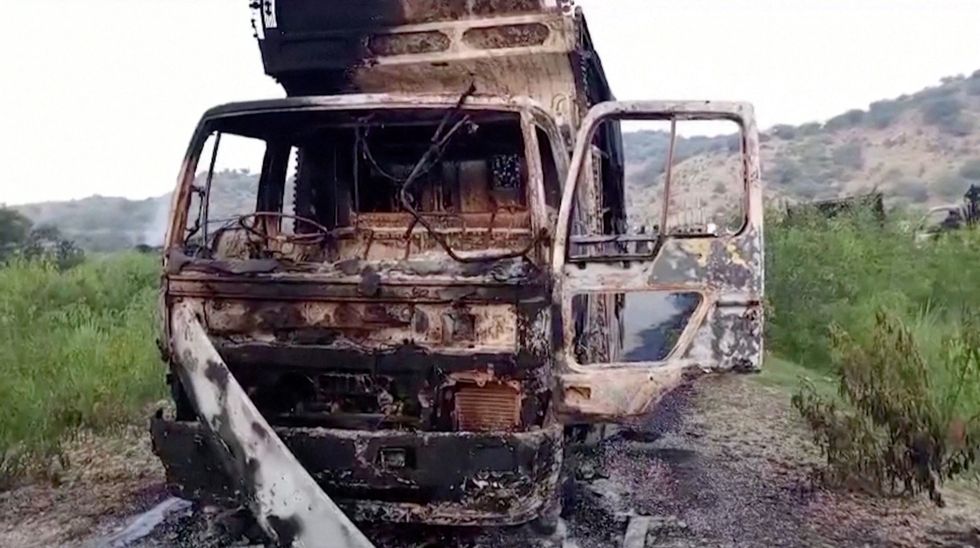
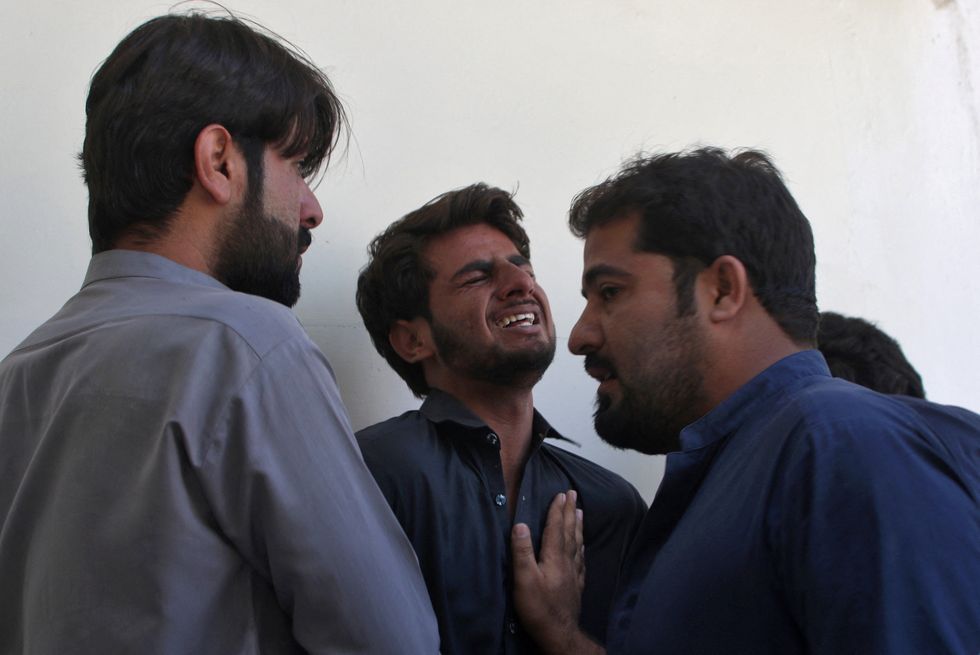
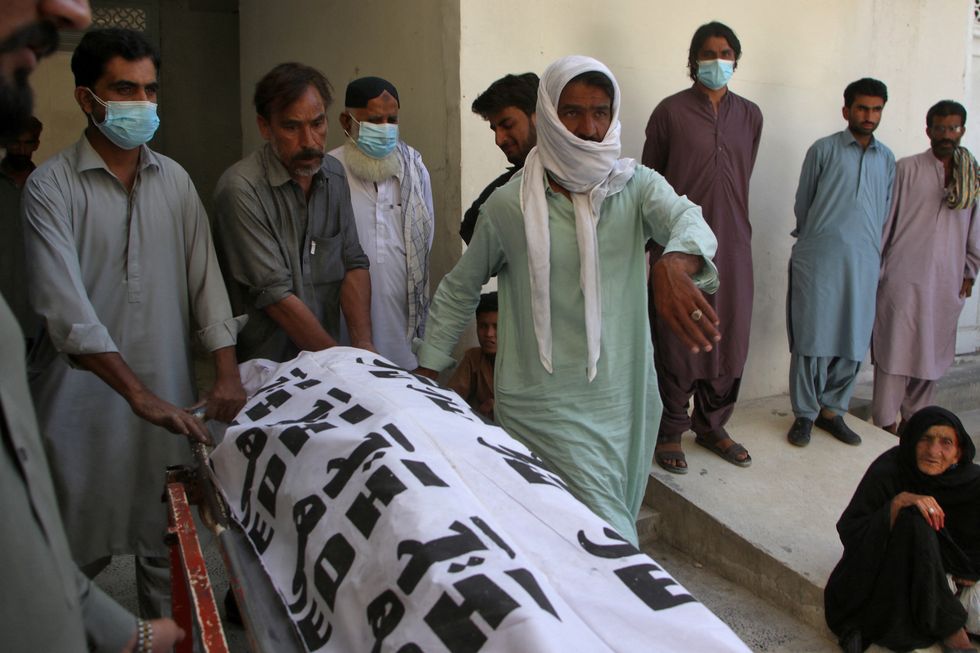
He added that the operations were expanding to other parts of Balochistan, as was evident from their hours-long coordinated attacks in Mach. He said the BLA has emerged as the most violent group in the province, attacking CPEC and other projects strategic to Chinese interests. The attack on Gwadar being another example.
‘Pay heed to Balochistan’s issues’
Senior journalist Shahzada Zulfiqar stated that the security situation in Balochistan did not deteriorate overnight; it has evolved through various phases.
“Initially, militants would attack from a distance—planting bombs or targeting vehicles. They would fire at army posts from afar, but now they infiltrate military installations, killing military personnel and themselves,” he said.
Zulfiqar pointed out the timing of the recent attack, suggesting it was deliberately chosen to coincide with the 18th death anniversary of Nawab Akbar Khan Bugti, the head of the Bugti tribe. He was killed in a cave hideout in Kohlu - approximately 150 miles east of Quetta - during a military operation on August 26, 2006.
His killing is believed to have triggered the current wave of insurgency in the province.
Speaking of the recent attacks, he shared that militants have so far attacked nine districts in Balochistan. “They blocked roads and highways, targeting buses and civilians,” he said. Zulfiqar remarked, “It was one thing to attack an armed person, but it is extremely unfortunate that unarmed civilians - who have nothing to do with this conflict - were also targeted”.
Zulfiqar detailed how militants attacked police stations and destroyed railway bridges and tracks. He claimed that the local population supports these militants because they feel deprived of even their basic rights. “Roads are in poor condition, and many hospitals lack basic facilities in the province,” he added.
The journalist highlighted that such deprivation has led the people to question the political system and the integrity of elections. “People feel their leaders are unrepresented, that free and fair elections don’t happen, and outsiders are imposed on them,” he said.
He expressed concern over the condition of Quetta, where nine MPAs have been elected but the city remains in a dire state. “Sewage water is everywhere, even on main roads, where vehicles frequently fall into open drains,” he lamented.
Zulfiqar warned that the situation in the province will never improve unless the government addresses the issues faced by the people'Traditional methods outdated'
Security and defence analyst Imtiaz Gul called the attacks part of a campaign to keep Pakistan's security forces pinned down and break them wherever possible.
He emphasized that the situation calls for a comprehensive review of the security forces' role and how regions like Balochistan are governed.
Gul argued that traditional security methods are outdated now.




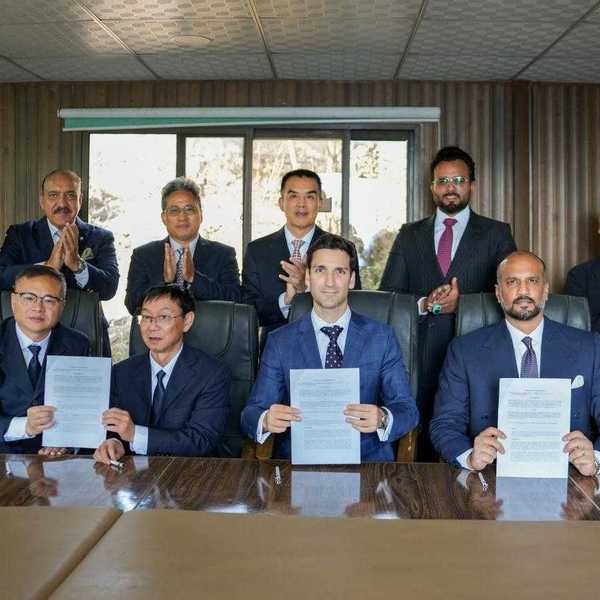
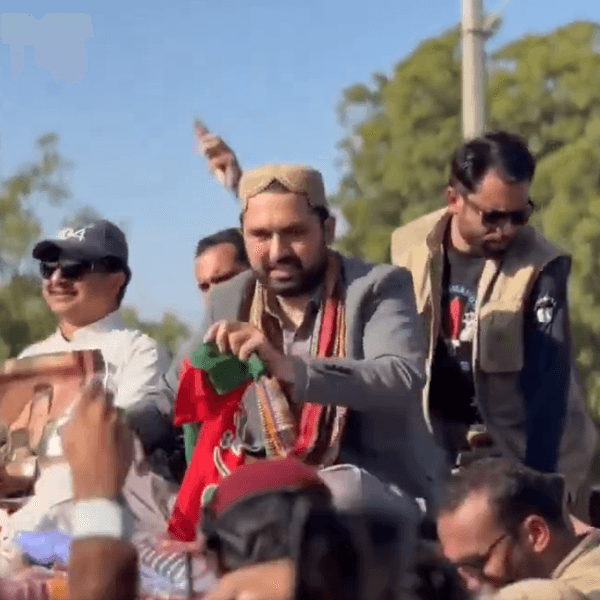


Comments
See what people are discussing